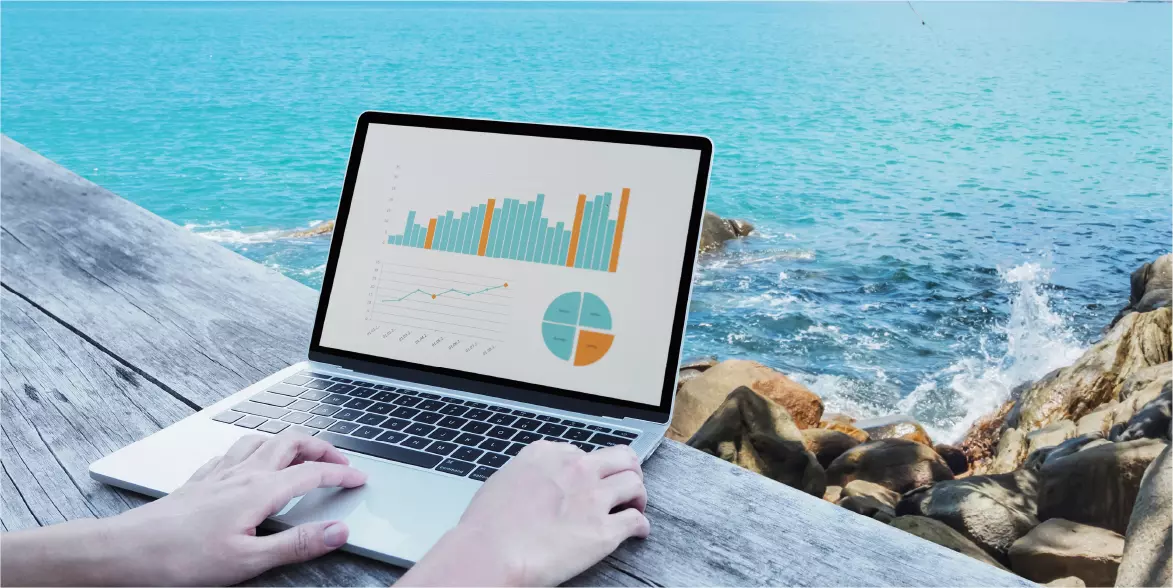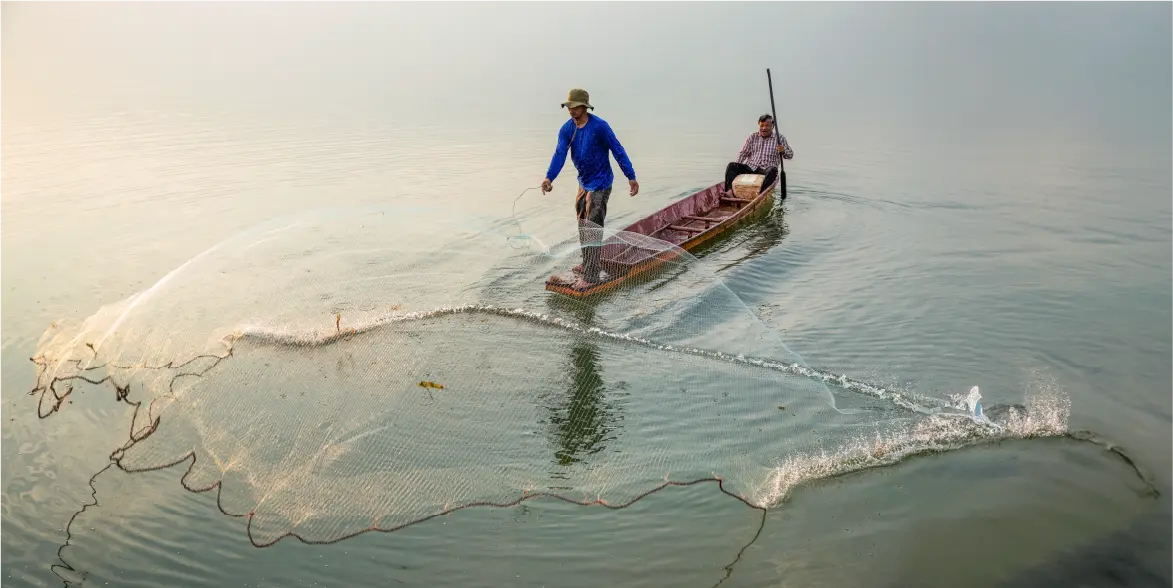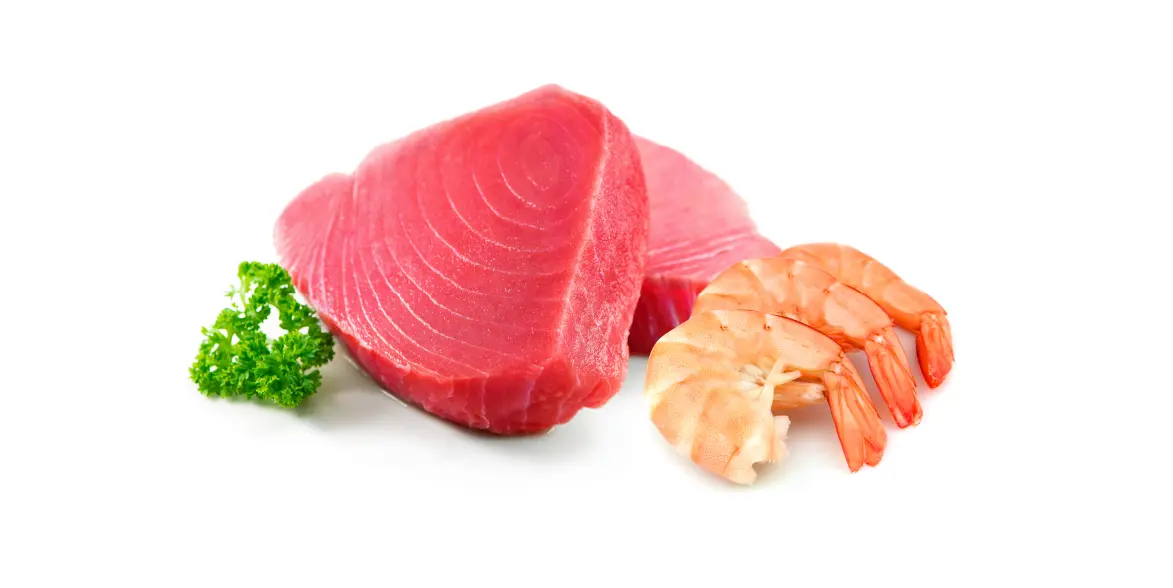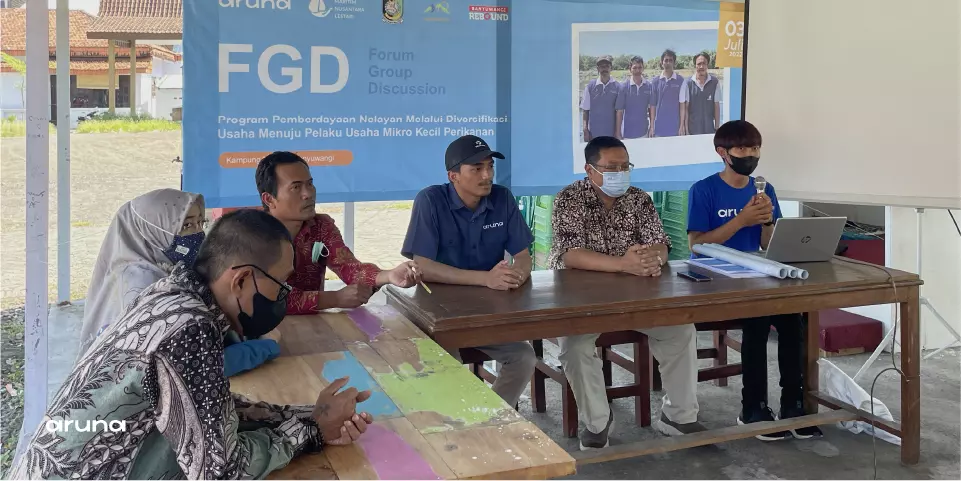Located in Panama, on Friday, March 3, 2023, an international event called the Global Ocean Accounts Partnership (GOAP) Side Event at the Our Ocean Conference (OOC) has just concluded. Victor Gustaaf Manopo, the Director-General of Marine Spatial Management representing the Government of Indonesia, specifically the Ministry of Maritime Affairs and Fisheries (MMAF), played an active role in this event by emphasizing the significance of ocean resource accounts in addressing the challenges of sustainable fishing management aligned with the blue economy direction.
Since 2021, a pilot project on marine resource accounts has been conducted in 7 Marine Conservation Areas (MCAs) and 1 fisheries region, establishing a strong foundation for Indonesia in determining the extent of ecosystems, conditions, and monetary values for mangroves, coral reefs, and seagrasses on a national scale. Victor revealed this development.
The Reasons Why Marine Resource Balance Matters in the Blue Economy and Sustainable Fishing
The definition of marine resource balance (MRB), according to the MMAF, is a structured and consistent compilation of information, including maps, data, statistics, and indicators about the marine and coastal environment, including social conditions and economic activities related to the seafood supply chain. MMAF has collaborated with GOAP on a pilot project to develop and compile MRB. The ministry, led by Sakti Wahyu Trenggono, views MRB as an ideal reference for implementing marine management that takes into account marine resource assets, economic flows, and the environment, which are closely linked to sustainable fishing.
MRB as an Instrument with National and Global Implications

Victor explained that the challenges of sustainable marine management lie in three aspects: protecting the ocean while maintaining its benefits for humanity, striving for increased ocean protection while considering economic aspects, and ensuring that goods and services from the ocean benefit all parties.
MMAF positions MRB as an instrument that should be involved to assist in the management of conservation areas, marine spatial planning, coastal ecosystem rehabilitation, and marine-based economic development. Considering its national and global policy implications, the Indonesian government prioritizes the development of MRB as something important and urgent. The national and global implications can be outlined as follows:
National Implications:
Providing data and information on biodiversity and ecosystems for national development that supports the achievement of Sustainable Development Goals (SDGs).
Global Implications:
Urgently contributing to Indonesia’s commitments in forums such as the Convention on Biological Diversity (CBD) and the High-Level Panel on Sustainable Ocean Economy (HLP-SOE).
Attended by Many Stakeholders, Indonesia Seizes Its Presence at OOC 2023
The Our Ocean Conference 2023 was attended by representatives from various countries, including Mike Kelloway, Chairman of the GOAP Council; Rick Spinrad, Deputy Administrator of NOAA (United States); Ilana Seid, Permanent Representative of Palau to the United Nations; Palau’s Ocean Panel Sherpa; Per W. Schive, Deputy Director-General of the Ministry of Climate and Environment (Norway); and Ilona Drewry, Head of International Sustainable Blue Finance (United Kingdom). Given that this international forum is a crucial platform for formulating various aspects for the success of the blue economy, it is highly appropriate to reiterate the significance of MRB, which was initiated by Minister Trenggono.
By actively participating in international forums related to SDGs and sustainable fisheries, the role of the Indonesian government will gain respect from other nations. Similarly, Aruna, representing the fishing companies in Indonesia, has consistently advocated for the betterment of national and global communities on various occasions. To advance the fisheries industry successfully, appropriate methods and instruments that preserve ecology must be employed. In the future, Aruna also envisions representing the national fisheries and marine ecosystem on the international stage.











Leave a reply
No comments found.